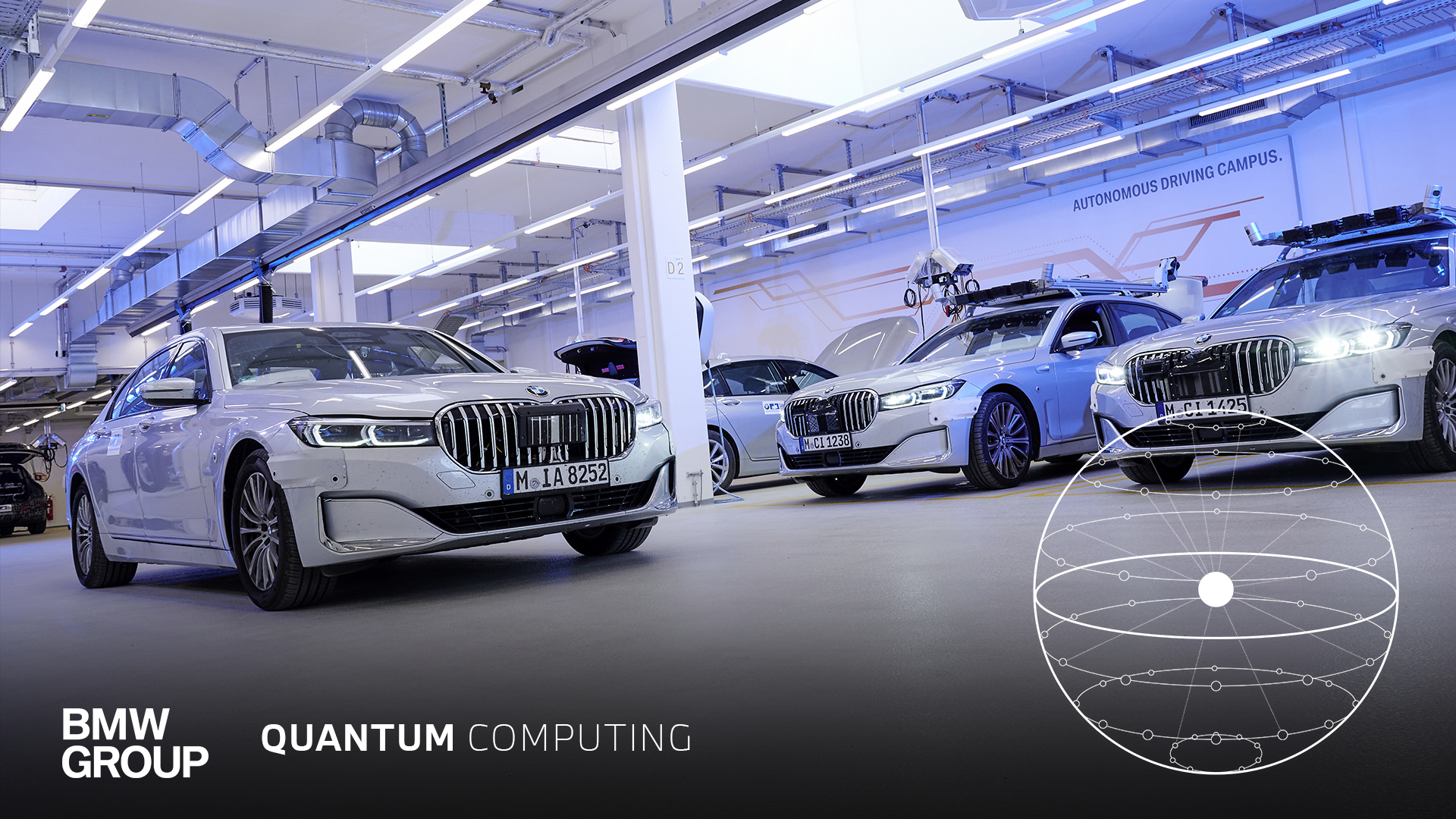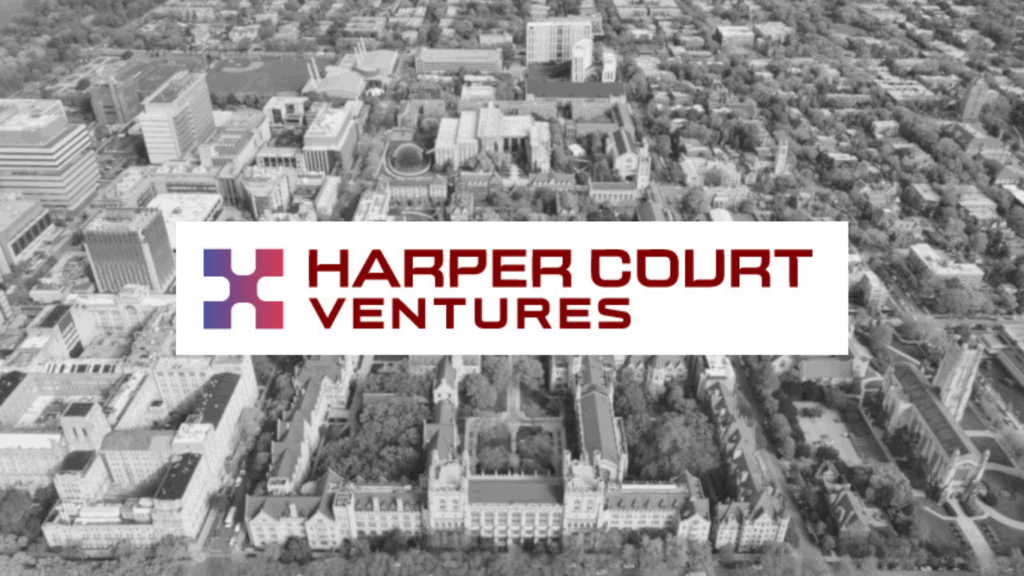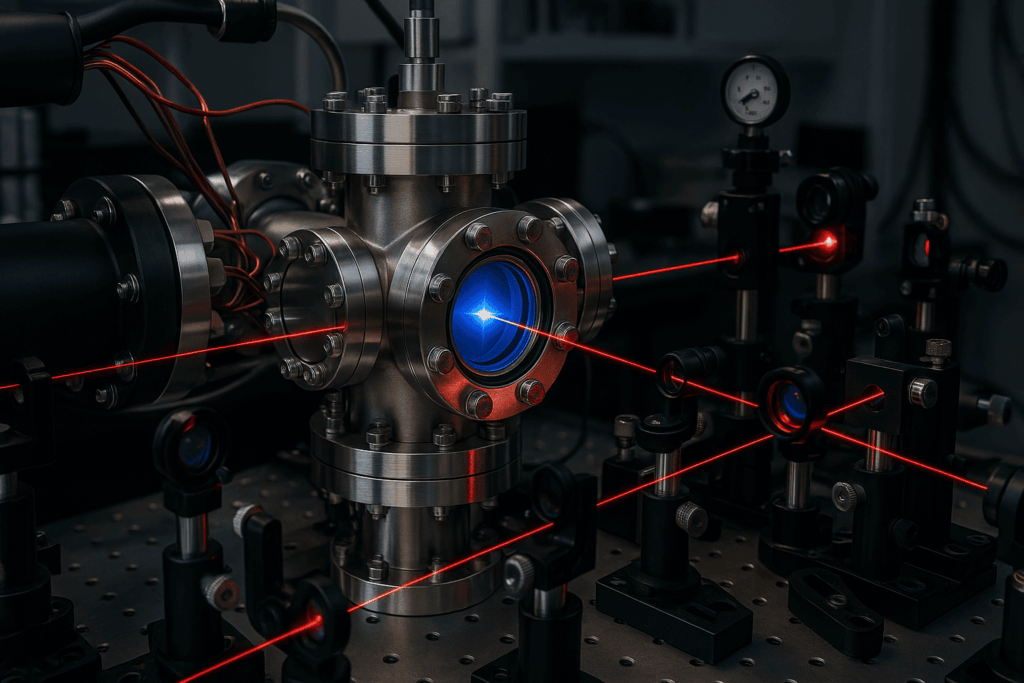
PRESS RELEASE: Researchers, start-ups and pioneering companies from the global quantum computing community can propose solutions for specific industrial challenges to the BMW Group Quantum Computing Challenge. Run in collaboration with Amazon Web Services, Inc. (AWS), the Challenge encourages entrants to come up with innovative quantum algorithms and test their solutions on real quantum computing technologies. Quantum computing holds potential to address challenging problems in the automotive sector in complex optimisation, materials research, and – in the form of quantum machine learning – automated driving in tomorrow’s world.
Peter Lehnert, Vice President BMW Group Research, New Technologies said, “The technological landscape in the field of quantum computing is only just starting to take shape. Different firms and research institutes are pursuing a variety of approaches. By launching our crowd innovation initiative, we are hoping to tap into additional innovative power that would be beyond the reach of a standard tendering process.”
Specific challenges for quantum computing
Experts from the BMW Group have identified over 50 challenges at various stages of the value chain where quantum computing could provide a potential benefit in the future. This requires innovative algorithms and a significant improvement of the hardware. The BMW Group has decided to engage the global quantum computing community to help find the best solutions for the immediate future and beyond. The Quantum Computing Challenge will focus on four specific challenges where quantum computing could deliver an advantage over classical computing methods:
- Optimisation of sensor positions for automated driving functions
- Simulation of material deformation in the production process
- Optimisation of pre-production vehicle configuration
- Machine Learning for automated quality assessment
The deadline for submissions is 24 September 2021, after which they will be examined and judged by a panel of experts. A final event will take place in December 2021, where the top entrants will have the opportunity to pitch their solutions to the panel of expert judges. The winners will gain the BMW Group as a client and will also be involved in the implementation of the respective pilot projects.

AWS is supporting the BMW Group via the Amazon Quantum Solutions Lab, an expert group of professionals that helped outline the challenge use cases and who will be on the panel that selects the winners. AWS will provide credits for entrants to use Amazon Braket to encourage development and testing of the quantum algorithms submitted. Amazon Braket provides a development environment for users to explore and build quantum algorithms, test them on quantum circuit simulators, and run them on a variety of quantum hardware technologies.
“Quantum computing is in its early stages but its long-term impact promises to be transformational for many industries,” said Bill Vass, Vice President of Engineering, AWS. “Indeed, enabling cutting edge research in quantum computing and helping businesses prepare for the quantum future is why we launched Amazon Braket and built out our team of experts at the Amazon Quantum Solutions Lab. We’re thrilled to support BMW and the quantum community in this innovation challenge. We applaud BMW’s leadership in tackling real industrial challenges where quantum computers may one day provide an advantage.”
BMW Group is driving the creation of a quantum ecosystem
The Quantum Computing Challenge once again underscores how the BMW Group is playing a leading role in efforts to establish a quantum ecosystem. As recently as June, the company joined forces with nine other major corporations to found the Quantum Technology and Application Consortium (QUTAC). The consortium’s goal is to produce a high quantity of use cases for industry and, in so doing, create demand for quantum computing. QUTAC will speed up development of the technology in Germany and Europe.
On 16 June, the BMW Group, together with the Technical University of Munich (TUM), also announced the creation of an endowed chair in “Quantum Algorithms and Applications.” Over a period of six years, the BMW Group will make a fund of €5.1 million available to TUM for a professorship, equipment and personnel. By taking this step, the BMW Group and TUM are seeking to bridge the gap between the outstanding basic research carried out in Germany and its specific application in industry.
If you found this article to be informative, you can explore more current quantum news here, exclusives, interviews, and podcasts.
















